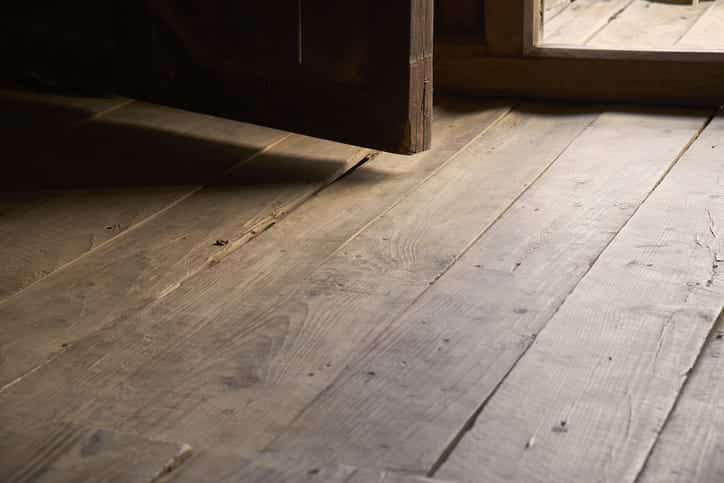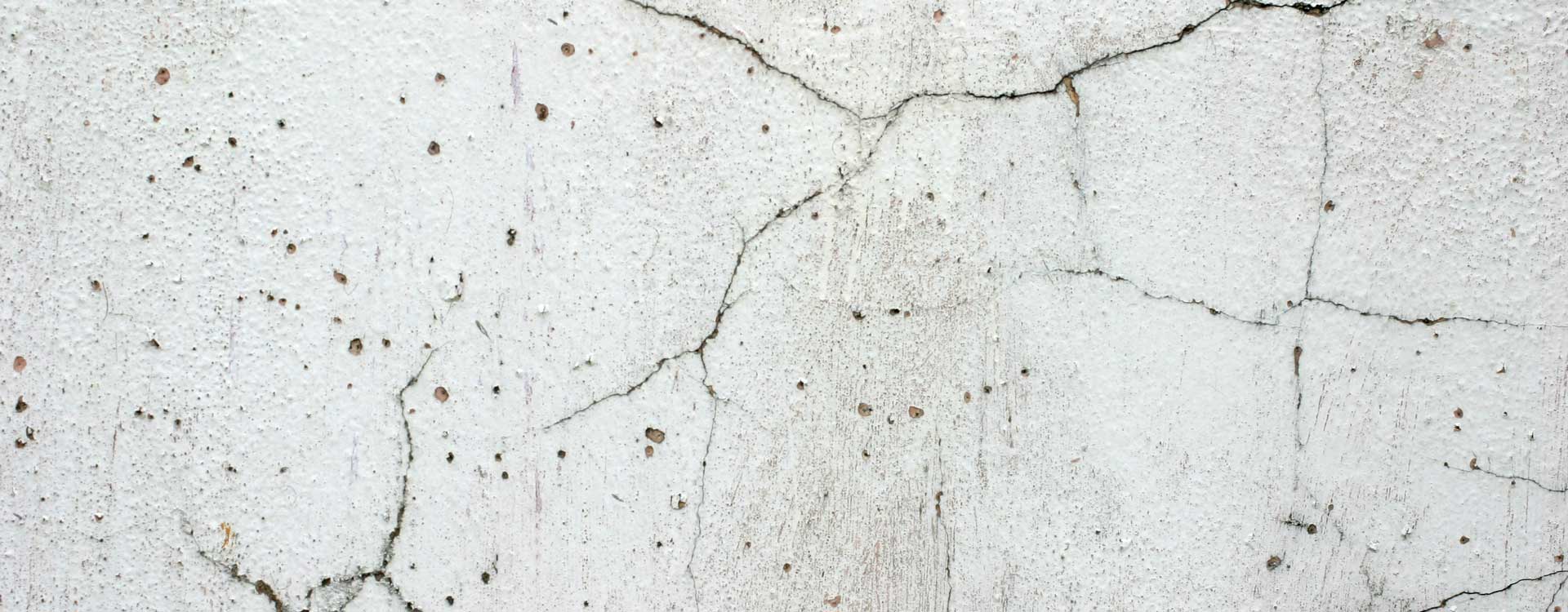Great
JWHP+VH Caseyville, IL, USA
Kevin is great!
Foundation problems are every homeowner’s worst nightmare. They can look terrible, they can be expensive to fix, and—worst of all—they can seriously damage your entire home. If your concrete foundation is starting to sink, it’s a real problem that requires a permanent solution.
Foundation settling is to be expected in many homes, but there’s a big difference between minor settling and major foundation sinking. Here are signs of more serious foundation settlement you should look out for.
If you live in an older home, you might be used to creaky, uneven floors. Issues like that aren’t necessarily signs of settling foundation, but if you see one or more of these issues, it’s worth calling in an expert to properly diagnose the situation.

As we mentioned, it can be common in older homes to have uneven floors; sometimes things just weren’t built perfectly back in the day. But if your floor is noticeably sagging or warping, especially toward the center of the home, that’s a sign of trouble.
If you’re suddenly finding it difficult to close your interior doors, you may have foundation issues on your hands.

If you have cracks in your basement walls or on your interior drywall or plaster walls, that’s a major sign your home’s foundation may be sinking. (Note that hairline cracks are common and do not necessarily indicate a sinking foundation; large cracks or those that appear suddenly, however, are cause for concern.)
Moisture in your crawl space from wet soil around your foundation can cause rot or mold, which are both excellent (but unfortunate) indicators of foundation settlement.
It can be fairly easy to spot a sinking foundation from the exterior of your home—especially if you know what to look for.

Seems pretty simple, but as we mentioned, you can skip the hairline fractures. But do look out for large cracks on your foundation walls.
If the exterior walls or corners of your foundation seem somewhat off, that’s a sign that your house could be sinking.
Look for major vertical or stair-step cracks if you have brick walls. The mortar that holds the bricks (or blocks) of your home together is the weakest point, so if your foundation is under stress and sinking, that weak mortar will crack.
If you have exterior concrete steps leading up to your home and they appear to have pulled away from the foundation, that can indicate waterproofing issues and a sinking foundation.
Understanding the cause of your sinking foundation is key to figuring out how bad the damage is and which repair method is best for your situation. These are the most common causes of sinking foundations.
Water in and around your foundation is never a good thing. Variations in moisture levels throughout the year can cause your foundation to swell and shrink. These variations combined with the sheer weight of your home lead to foundation movement and, eventually, cracking.
Helitech Pro Tip: One way to prevent a sinking foundation is with an expertly installed yard drainage solution in combination with basement waterproofing. Moving water away from your home helps prevent soil expansion and contraction.
Not all foundation soils are made alike. Issues with water are compounded when paired with an expansive soil, such as one with a high clay content. These soils do not settle evenly, which leads to foundation cracks and sinking.
What if you have excellent yard drainage and your soil is low in clay but you’re still experiencing foundation issues? Outdated construction processes may be the culprit. Outdated methods may not have taken your soil type into account, for instance. While you shouldn’t discount this cause if you have a newer home (mistakes are always possible), you may be at higher risk if your home’s foundation is fairly old.
We use a few different several foundation repair methods. The most effective way to help repair settlement issues is piering, which is also referred to as underpinning and piling. Essentially, these piering methods transfer the weight of your home to more stable soil.
Helical piers contain helical flights known as helices that serve as end-bearing plates for your home. These helices are welded to a central steel shaft, which acts as a screw that we rotate into the soil.
This pier system provides a large enough surface area to bear the weight of your home.
Best Used For: Chance Helical Piers are best used in areas where the bedrock is deeper than normal. Load-bearing clay and the helical flights are used as support.
Another pier system we use is the Atlas Resistance system. This uses hydraulic pressure to push piers into the soil. These foundation piers depend on the weight of the structure to push the pipe down further. Additionally, this system uses different types of steel piers for various types of foundations, soil content, and load requirements.
Best Used For: Atlas Resistance Piers are recommended where bedrock is known to be shallow. The pier acts as a load transfer from the home to the end bearing.
If you have a slab foundation that is settling, that requires a different solution: slab piers. We first create small holes in your slab foundation. Then we drive a helical anchor into the soil to the correct depth. Once that anchor is in the soil, we insert a steel bracket into the holes we drilled below the slab. By installing the helical anchor and securing it to the slab foundation, the weight of your home is then transferred to a more stable, load-bearing soil depth, similar to traditional Chance Helical Piers.
Best Used For: When your concrete slab is cracking or sinking.
Our team of expert structural engineers, experienced foremen, and technicians know how to quickly and permanently repair your house foundation.
JWHP+VH Caseyville, IL, USA
Kevin is great!